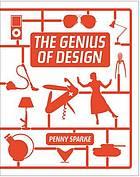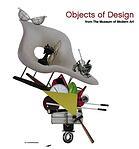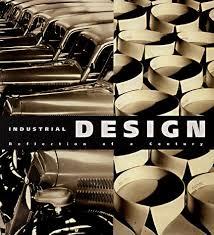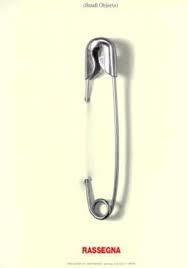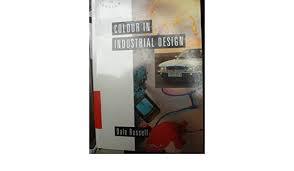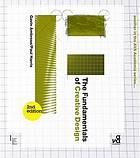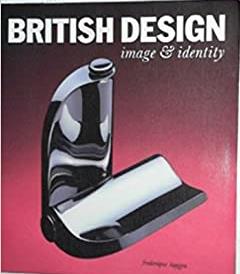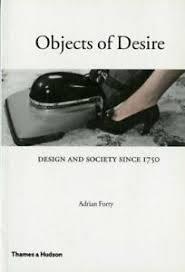

|
In this provocative and original examination of the role played by design in people's lives, historian Adrian Forty shows why so many manufactured goods--appliances, clothing, conveyances, equipment--have an infinite variety of design despite having the same functions. The history of design is also the history of a society; any account of change within a society must rest upon an understanding of the way design affects and is affected by economic and social conditions. In the capitalist system this relationship is best seen in the consumer's desire for more, better and "newer" goods, a desire bred and nurtured by the manufacturer who employs designers to give his products novelty. Forty also describes the career of Josiah Wedgewood, the innovative entrepreneur who influenced both public taste and means of production in the earliest days of capitalism |


